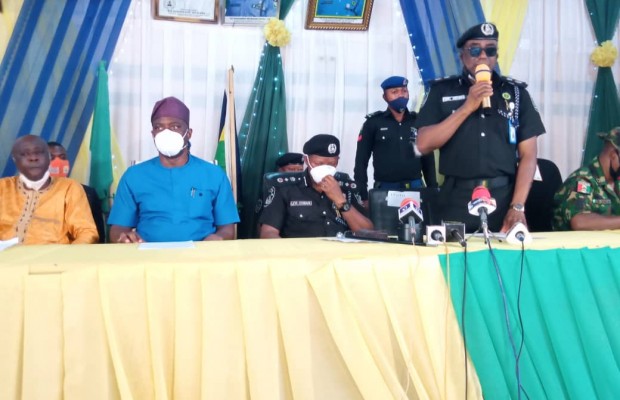Cases of kidnapping for ransom, highway robbery and herdsmen attacks have taken a difficult dimension in parts of Oyo State, which is affecting residents, expatriates and businesses. Towards the end of last year, a female quarry worker, Damilola Agboola was abducted at Moniya Area, Ibadan and Continue Reading
Petroleum dealers and marketers under the aegis of the Independent Petroleum Marketers Association of Nigeria, IPMAN, has shut down all filling stations in Ibarapa region of Oyo State following the killing of the owner of Subawah Petroleum, Mrs Sherifat Adisa by unknown gunmen. The Ibadan Depot of the association has also threatened to shut down […]Continue Reading
